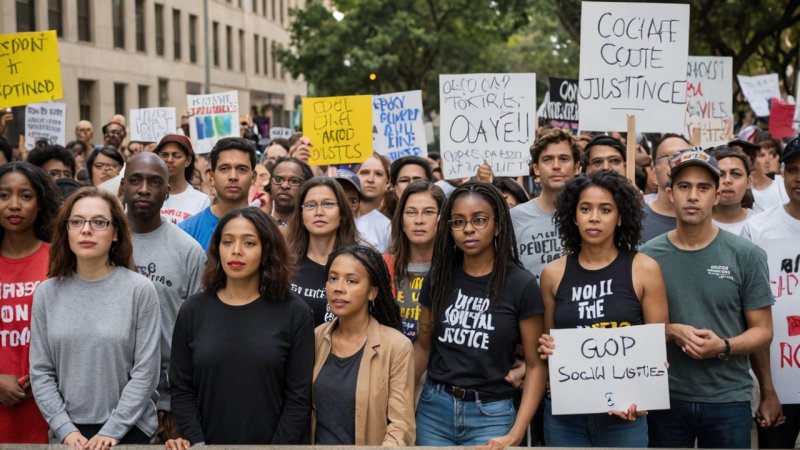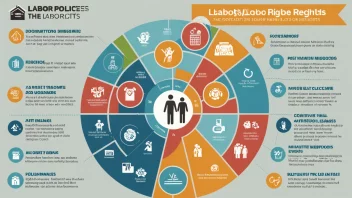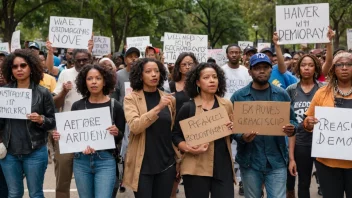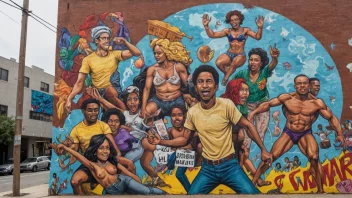What is Intersectionality?
Intersectionality is a framework for understanding how various forms of inequality and discrimination overlap and intersect. Coined by legal scholar Kimberlé Crenshaw in 1989, it highlights that individuals experience multiple, interconnected identities—such as race, gender, sexuality, and class—that shape their social experiences and access to resources.
Why is Intersectionality Important in Social Justice Movements?
Intersectionality is crucial because it allows for a more nuanced understanding of oppression. By considering how different identities interact, social justice movements can address the specific needs of marginalized groups, ensuring that no one is left behind in the fight for equality.
How Does Intersectionality Affect Policy Making?
Policies that fail to consider intersectionality can perpetuate existing inequalities. For example, a policy aimed at improving women's rights may overlook the unique challenges faced by women of color or LGBTQ+ individuals. By incorporating an intersectional approach, policymakers can create more effective and inclusive solutions.
Can You Give Examples of Intersectionality in Action?
Yes! One prominent example is the Black Lives Matter movement, which not only addresses police brutality against Black individuals but also highlights issues faced by Black women, LGBTQ+ individuals, and other marginalized groups within the Black community. Another example is the fight for reproductive rights, which intersects with issues of race, class, and immigration status.
What Challenges Does Intersectionality Face?
One major challenge is the tendency to prioritize certain identities over others within social justice movements. This can lead to infighting and division among groups advocating for different causes. Additionally, some critics argue that focusing on intersectionality can complicate messaging and dilute the urgency of specific issues.
How Can Individuals Support Intersectional Approaches?
Individuals can support intersectional approaches by educating themselves about the various identities and experiences within their communities. Engaging in active listening, amplifying marginalized voices, and advocating for policies that consider multiple identities are also essential steps.
What Resources Are Available for Learning More About Intersectionality?
There are many resources available, including books like "Intersectionality" by Kimberlé Crenshaw, online courses, and various social justice organizations that focus on intersectional issues. Websites such as the Center for Intersectionality and Social Policy Studies offer valuable information and research.
How Does Intersectionality Impact Global Social Justice Movements?
Globally, intersectionality helps to highlight how local issues are connected to broader systemic inequalities. For instance, the struggles faced by Indigenous women in one country can resonate with the experiences of marginalized groups in another, fostering solidarity and collective action across borders.






